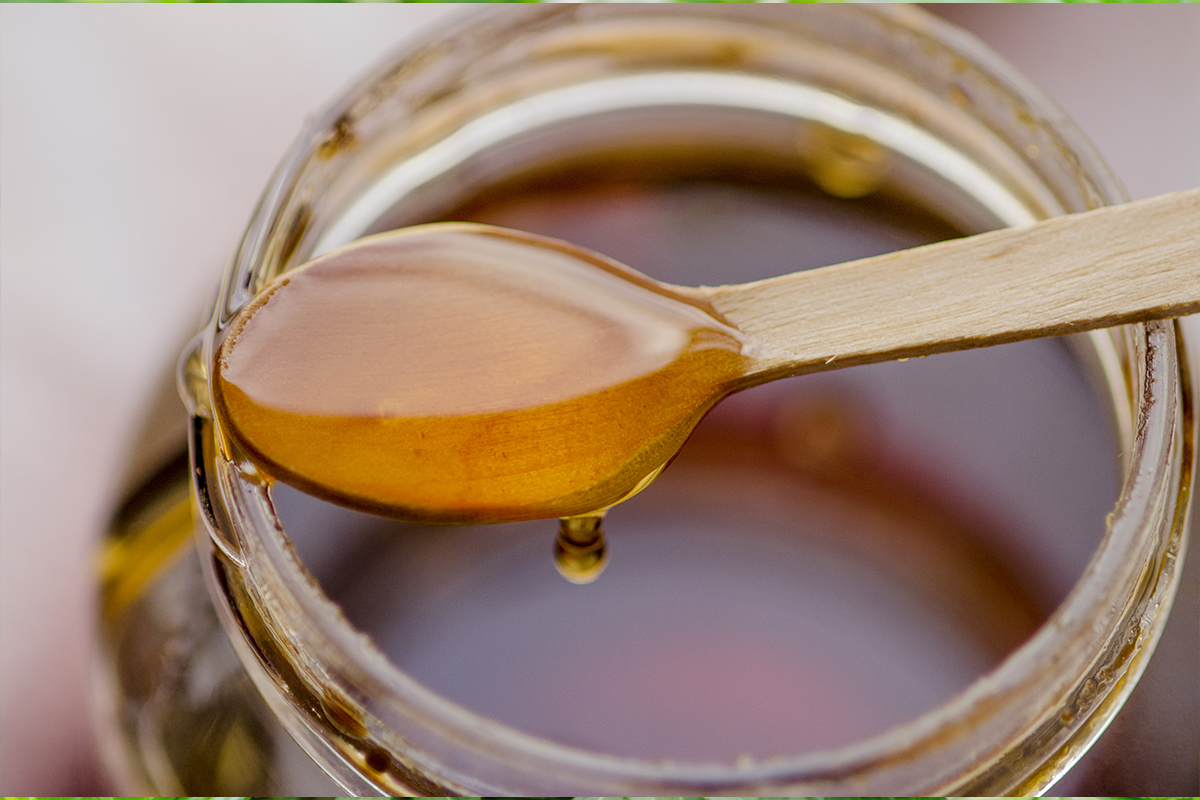Advertisement
Sweetening Power of Honey
Honey is known to be very sweet, however, you may be surprised by the relative bitterness of some honeys. For example, sweet chestnut honey (Castanea sativa) can be very bitter, even though it contains about 80 percent sugar. This is due to a complex mixture of elements originating from the plant from which the bees … Continued

Honey is known to be very sweet, however, you may be surprised by the relative bitterness of some honeys. For example, sweet chestnut honey (Castanea sativa) can be very bitter, even though it contains about 80 percent sugar. This is due to a complex mixture of elements originating from the plant from which the bees collect the nectar.
The sweetening power of honey is determined by its sugar composition and the rate of dilution. The more it is concentrated, the sweeter it is compared to sucrose (saccharose or refined sugar) and vice versa. One must keep in mind that each sugar and combination of sugars has its own sweetening power. The following sugars, present in honey, are classified in a decreasing order of sweetness: fructose, saccharose, glucose, and maltose.
Honey has a complex composition, however the two main components, totalling an average of 96.8 percent, are sugar (79.6 percent) and water (17.2 percent). All other substances average 3.2 percent.
The proteins are in very small quantities and they are not really relevant from a nutritional point of view. The main source comes from the nitrogen compounds (average: 0.041 percent), of which 40 to 80 percent are in protein fraction and a large part of the difference are amino acids (18 are found). In addition, the enzymes contribute to a slight source of proteins.
The minute amount of vitamins, present in honey, are: B1 (thiamin), B2 (riboflavin), B3 (niacin), B5 (pantothenic acid), B6 (pyridoxine), C (ascorbic acid – most present), K, and sometimes, A, E, and D.
Average Composition of Honey
Water 17.2 %
Fructose (Laevulose) 38.2 %
Glucose (Dextrose) 31.3 %
Sucrose 1.3 %
Maltose and other disaccharides 7.3 %
Higher sugars 1.5 %
Total acid as gluconic 0.57 %
Ash (minerals) 0.169 %
Nitrogen 0.041 %
pH 3.91




